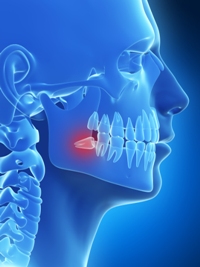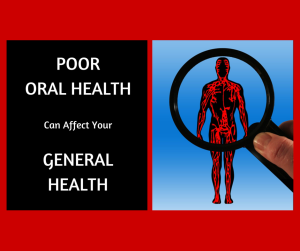What is a filling?
Receiving a dental filling is a common procedure that many people have personally experienced. As a bit of a background, a filling becomes necessary when a tooth is damaged by decay and needs to be restored and protected. The function of a filling is to both seal off any spaces where bacteria could enter, and to reshape the tooth to its original form and function. Fillings are an invaluable part of dental work because they offer both a solution for present damage, and act as preventative guards against potential future damage.
A variety of materials are used to create fillings: gold, porcelain, a composite resin, or an amalgam (commonly referred to as silver fillings) are all common choices. There is no ‘best’ type of filling, and the right option for you is truly dependent on your individual case and personal preference.
Why remove a filling?
There are a few different reasons one may want to replace a filling, including a more natural look. Porcelain and composite resins look the most natural and are placed to match your tooth color, and it is not uncommon for those with gold and silver fillings to request these more subtle options. Each type of filling has its own lifespan, which can range from just a few years to several decades, so sometimes a routine replacement may also be in order.

However, in addition to appearance and time, there is also a debate surrounding the use of amalgam fillings.
What is the amalgam filling debate?
By definition, the word ‘amalgam’ is synonymous with the words ‘mixture’ or ‘blend’. As an example, a smoothie would be considered an amalgam of fruits!
In the dental world, ‘amalgam’ as it is used to describe a filling indicates it is a mixture of materials – this means that silver fillings are not pure silver, they have other similar materials in them as well. The proposed problem with these fillings is that the material could contain toxic or harmful matter that could negatively affect your health.
Unfortunately, it isn’t so simple. The biggest concern expressed by those opposed to amalgam fillings is the potential exposure to mercury, and patients potentially being poisoned as a result. That does sound awful, until you consider that we are all exposed to some level of mercury. Mercury is present in fish! A person would have to eat a lot of fish before there was any risk of poisoning, and the same could be said about a small tooth filling that is mostly made of silver. On the other hand, we understand if you have concerns about the material used in your filling.
If you already have an amalgam filling, it’s important to note that removing a filling when not completely necessary is an extra procedure, and with any medical procedure there are always risks involved. If you are getting a new filling and are uncomfortable with the idea of amalgam, just let us know and we can find an option that is right for you. There are many choices when it comes to your filling material, and we want you to walk out of our office feeling confident with your smile and your health.












 As Thanksgiving swiftly approaches, here is a little insight as to how to not over indulge when turkey day hits! We all know the famous expression “Your eyes are bigger than your stomach!” or “You eat with your eyes first!” This is usually the case with most of us when it comes to sitting down to eat Thanksgiving dinner. Let’s just put this out there… Gorging yourself on snacks, cakes, pies, and starches just means a really big stomach-ache and a miserable rest of the night, not to mention the potential for damage that it can have on your teeth and gums!
As Thanksgiving swiftly approaches, here is a little insight as to how to not over indulge when turkey day hits! We all know the famous expression “Your eyes are bigger than your stomach!” or “You eat with your eyes first!” This is usually the case with most of us when it comes to sitting down to eat Thanksgiving dinner. Let’s just put this out there… Gorging yourself on snacks, cakes, pies, and starches just means a really big stomach-ache and a miserable rest of the night, not to mention the potential for damage that it can have on your teeth and gums!






